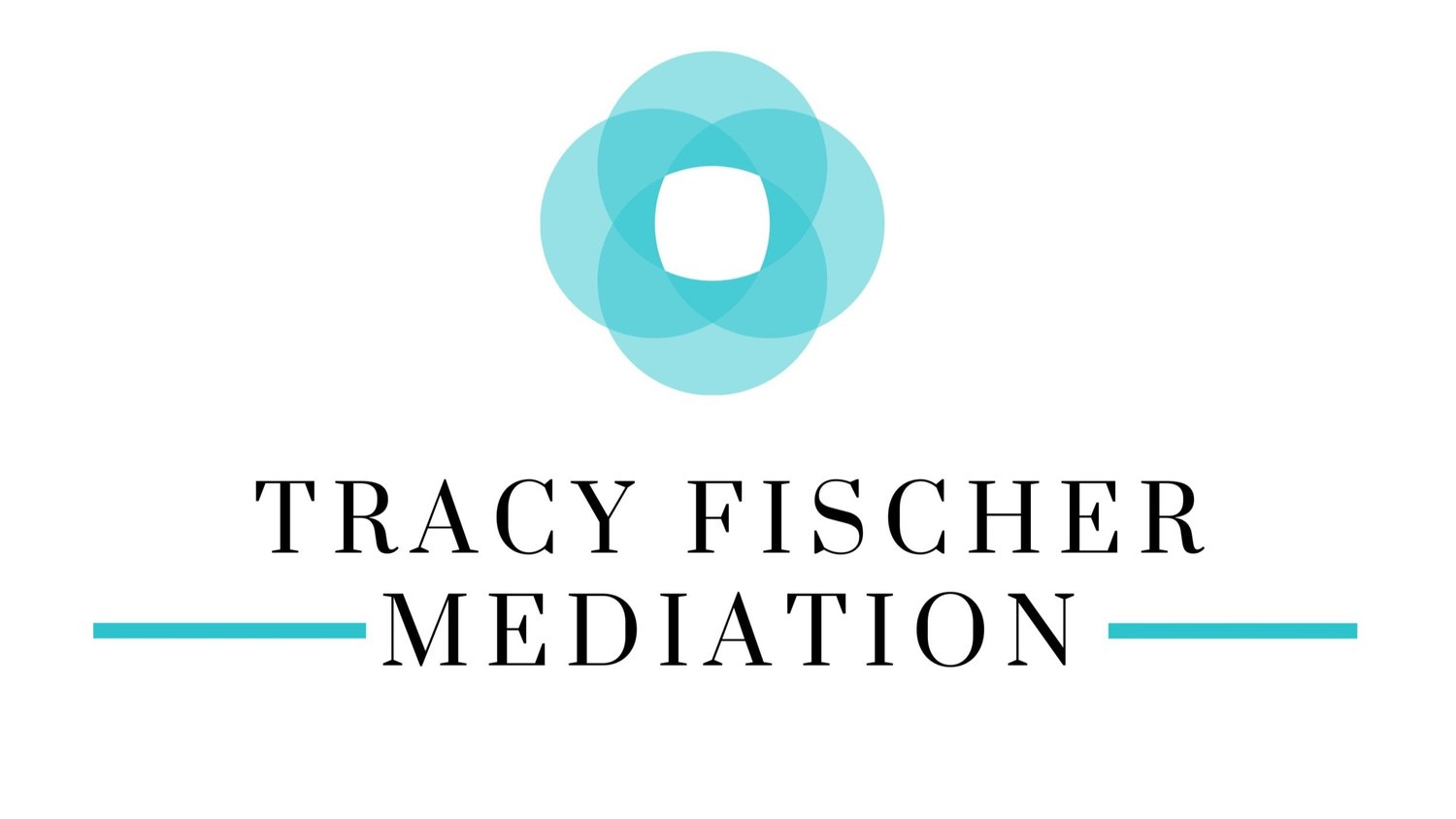Massachusetts Financial Statement in Divorce Mediation
By Tracy Fischer
When you are in the process of getting a divorce, you may feel overwhelmed by all of the decisions you have to make. If you and your spouse are able to be amicable towards each other, then mediation is a viable and effective alternative to litigation especially when it comes to settling your finances. An experienced Massachusetts divorce mediator can help.
There are specific rules regarding financial disclosure in Massachusetts divorce. Both parties are required to provide a full and complete Probate Court Financial Statement. This Financial Statement is used in mediation as a tool to help the parties understand their income, assets and expenses. The ability to understand your current financial situation allows you to better predict a future financial picture and make informed financial decisions.
If you earn less than $75,000 each year, you can fill out the “short-form.” If you earn more than $75,000, you are required to fill out the “long-form”. Both forms require specific and detailed financial information. For the purpose of mediation, the Mandatory Self Disclosure rules require back up documentation, such as recent bank and retirement account statements, credit card statements, life insurance policies, loan documents and tax returns. The reality is that you may end up having to complete this form more than once depending upon how long it takes for your divorce to be finalized. The final Financial Statement must be current at the time you appear in court for the divorce hearing.
It is important that you complete these forms accurately and honestly. You sign the financial disclosure under “penalty of perjury.” A divorce agreement may not be enforced if it is found that there was fraud on the financial statement of one of the parties.
Here are a few topics to keep in mind when filling out your financial statement:
· Do not estimate the amount of money that is in your name in any account, list exact balances even if they may change;
· Do not forget all of your retirement accounts, even from previous employers;
· When calculating weekly expenses, average out the cost of each expense for the entire year, then divide by 52.
· Even if you are filling out the short form, it is very helpful to look at the expense page on the long form. It will give you additional categories of expenses that can be included in the short form under “other” or as an attached addendum.
· If you find that you need to guess at the value of anything listed on your financial disclosure, make sure you note that the amount is an estimate.
Financial disclosure in Massachusetts divorce is one of the most important parts of the entire divorce proceeding. It is imperative that both parties follow the regulations stipulated by Massachusetts law and provide full and complete financial disclosure. It is when one party does not feel that full disclosure is being made by the other that legal costs can escalate, due to the additional investigative and legal work that will need to be undertaken.
When each person takes the time and makes the effort to carefully organize their financial information to complete the court documentation completely, the process of mediation goes much more smoothly. This carefully compiled financial picture can be an extremely helpful tool used to understand and predict a future financial agreement.
